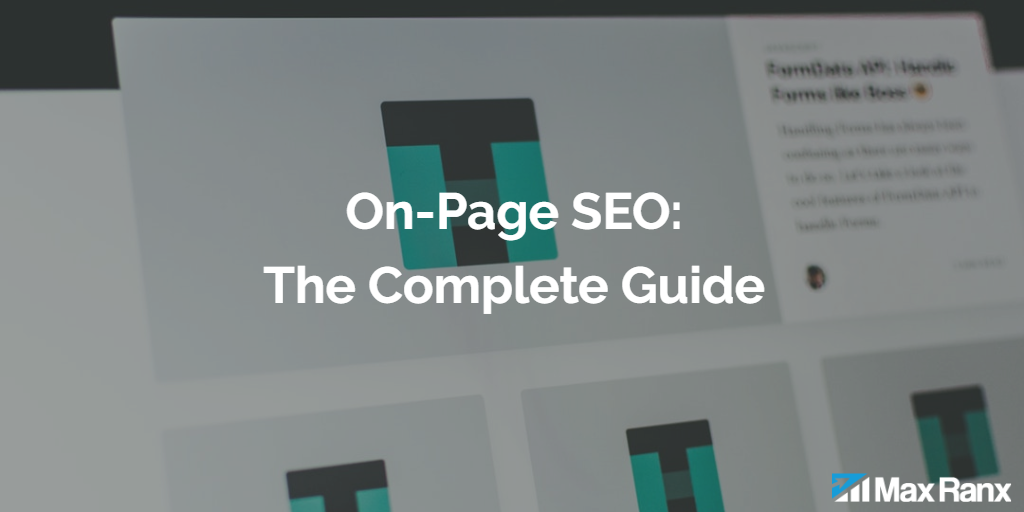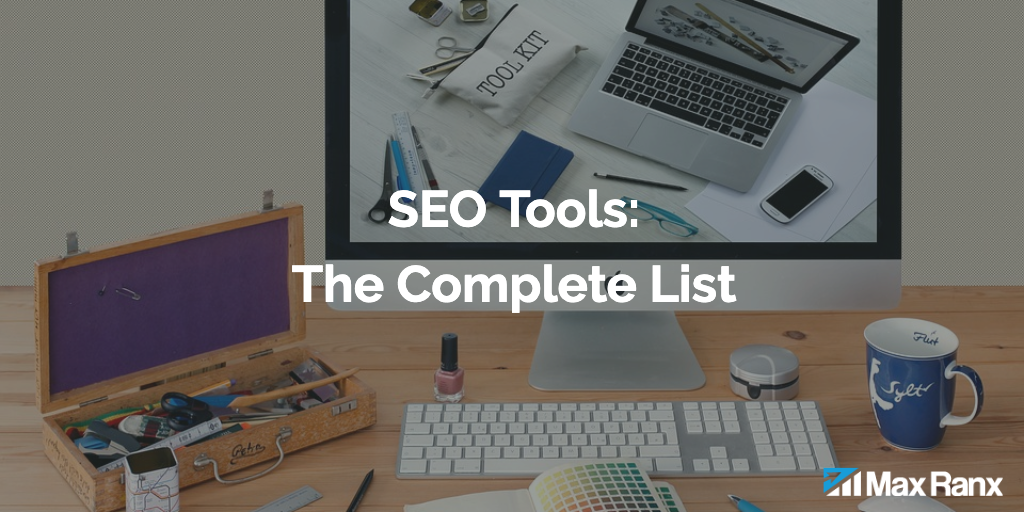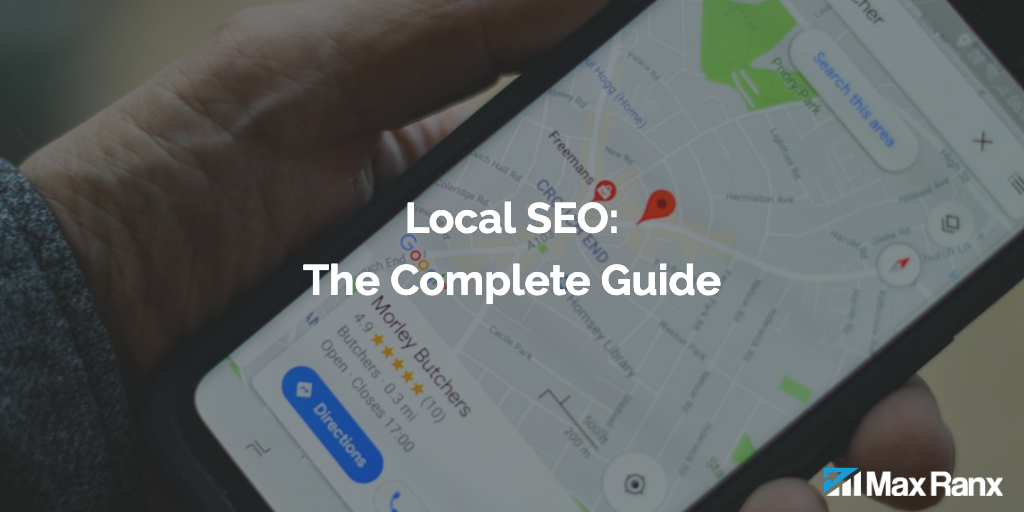Whenever starting out on your SEO prospecting journey you will inevitably come to the client discovery stage. Although it may seem like a cumbersome process to force your client to go through, in the long run it will become your best friend in qualifying your clients and saving you time and money. It should help you clearly understand your clients needs, goals, and expectations. The thoroughness of your SEO questionnaire should also highlight your knowledge and professionalism. This is the questionnaire that we use internally for our Cincinnati SEO company.
Our SEO questionnaire is broken down into several parts. It starts off by collecting some general company background and technical aspects of the SEO project. Afterwards, we ask for specific client content requirements and expectations. We finish up by exploring other opportunities that can help the client achieve their online goals.
General Information

1. What is the name of your company?
For legal reasons, it is important to know if the company operates as an LLC, Corp, Inc, or under any DBAs (doing business as). Get this out of the way to save yourself and the client any problems in the future.
2. What does your company do?
Having the client describe their business can be very helpful in determining keywords to target and find any disconnects between marketing messaging and intentions. You will notice that this is a common theme in this SEO questionnaire.
3. What sets you apart from others?
The unique value proposition (UVP) or unique selling proposition (USP) is something that every business should be using to differentiate themselves from the competition. Knowing this up front can set a clear tone for the marketing content.
4. What is your target demographic?
By knowing the ideal customer that the client wants to target, we are able to set up our Google Analytics tracking to see if we are achieving their goals.
5. Who are your main competitors?
This information collected with this SEO questionnaire can be very useful in the competitor research stage. It can tell us how competitive the clients niche is. It can also let us create backlink profiles for some competition to see the amount of work that lays ahead.
6. Is your business online only?
Online-only companies include SaaS, eCommerce, and digital goods and services. Settings up SEO campaigns for these business types will be very different then local clients.
7. Do you interact with local customers?
If the business operates locally then there are many low-hanging fruit that can be used for link building. This also impacts things like schema implementation and on-page optimization for local terms.
8. Do you have multiple locations?
Multi-location customers like chains and franchises can benefit greatly from local SEO. An extra emphasis has to be placed on site architecture.
Technical Information

9. Have you worked with an SEO company before? (And did they have you fill out an SEO Questionnaire like this?)
If the client has worked with other SEO companies, its valuable to know what work they have done in the past. There is a chance that they have already filled out some version of an SEO questionnaire in the past that they could provide. If the on-site optimization was done well then you could spend your time focusing on other things. On the other hand, if they failed to do this correctly then there rest of the work will suffer greatly. Also, this could tell you about metrics that may have been established previously. Knowing the target KPIs can greatly help at the start of the project.
10. Has your site been penalized by Google in the past?
Another important piece of information to have before evaluating the clients website. If there were penalties in the past then it could take a lot more work to get them removed. It also signals potential underlying issues that may have not been addressed.
11. What type of CMS does your website currently use?
Using a content management system such as WordPress greatly reduces the time necessary to set up all the on-site optimization. There are various SEO and caching plug-ins on the market that make it much more efficient to work on the site. Just as important, most of the current WordPress websites come mobile optimized.
12. Do you have an in-house developer or designer?
Certain technical aspects of SEO may require significant design or structural changes to the site. If the client has an in-house developer, it can greatly reduce the time it would take to implement these changes. It is important to have their contact info from the start. On the other hand, if the client does not have an employee in place then this can be an opportunity for a long-term maintenance plan.
13. Do you have access to Google Analytics, Adwords, and Search Console, and are you willing to share it?
Google provides these tools for free and they are extremely valuable. They can help analyze traffic to the website, help in keyword research, and help track some keyword rankings. We implement these tools on all of our customers websites if they do not have them already. Having historical data is extremely helpful in showing results of all your marketing campaigns.
14. What website would you like to promote?
This question may seem obvious but some clients can have multiple brands, domains or product websites. Use this SEO questionnaire to get a clear understanding from the start.
15. Do you own other domain names?
If the client has multiple related domains then it may be helpful to combine your SEO efforts. Also, it is important to check that the other websites are not doing any harm to the main domain.
16. Have you done any backlink building before?
Backlinks are still the most important SEO factor when it comes to ranking a website for a specific keyword. If the client had previously had this done to their site, it is something that needs to be evaluated based on their current goals.
17. Which keywords would you like to focus on?
Some clients may know the high value keywords that matter to them. This will give you a great starting point when you start your own keyword research.
Content Requirements
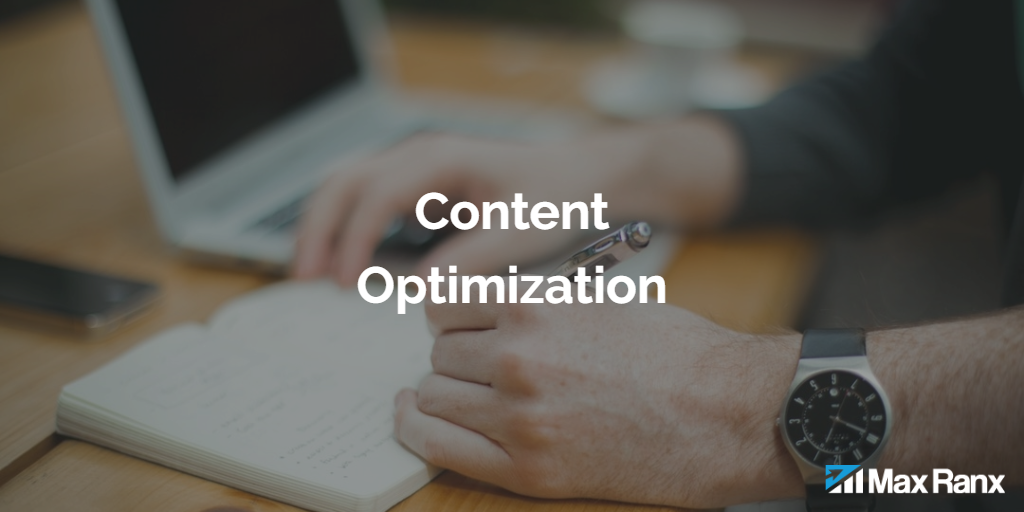
18. Do you have any content for the website?
This portion of the SEO questionnaire should give you a general idea of potential content problems. If the client has an established website then most likely it has some copy and images on the site. The quality can vary greatly and may need to be tweaked or redone completely.
19. Has your content been optimized for SEO?
Just because the content exist does not mean that it is properly optimized for SEO purposes. Keywords may need to be added or removed, images may have to be compressed, or entire pages can end up being created all together.
20. Does your company have branding guidelines?
This can include logos, color schemes, and fonts and are especially important to keep in mind when optimizing website images. Since images are not as easily editable as plain text, getting this right from the start is extremely important.
21. Do you have a desired writing style?
Another thing to consider is the tone that the website copy will take. Brands can have strict requirements for the tone they want to have for their site content.
Budget and Expectations
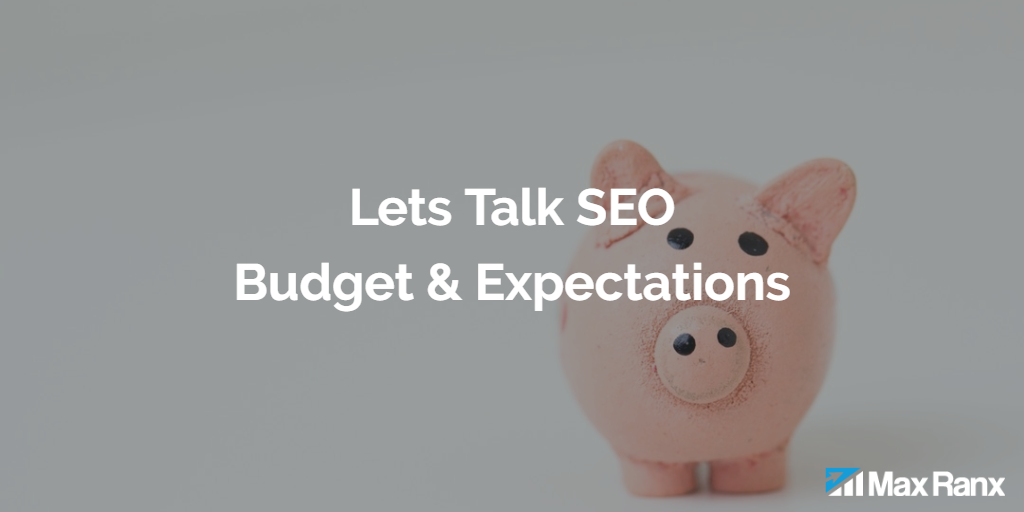
22. What is your level of understanding when it comes to SEO?
If the client has very limited understanding of SEO then it is crucial that the basic process is explained. Hopefully, this SEO questionnaire can help them to start considering the different aspects of SEO. You can’t ask someone to pay for a service when they don’t know what they are paying for and you certainly can’t ask them to appreciate the results either. Just as important, you can not set clear expectations if the person doesn’t understand the process.
23. Define your desired SEO results and KPIs?
Goals always have to be put in place so that you know what you are striving for. Asking for KPIs will give you an opportunity to track them and present your results back to the client.
24. What is the desired time-frame for SEO results?
Since many factors of SEO are beyond our control, it is imperative that realistic expectations are set from the start. If a client has set unrealistic results and an unrealistic time-frame to achieve them then this is a big red flag. Unless you are able to educate the client before taking on the project, you will have an uphill battle for the duration of your SEO relationship.
25. What are your reporting requirements?
Monthly reports are the industry standard but some clients may like to receive weekly or biweekly reports instead. This is the time to set clear expectations on the frequency of the reports.
26. What is your monthly SEO budget?
This may be the most important question when it comes to the scope of what can be achieved for the client and whether you can work with them at all. SEO is a long and time consuming process and requires a long-term commitment if you are serious about real results.
Future Opportunities
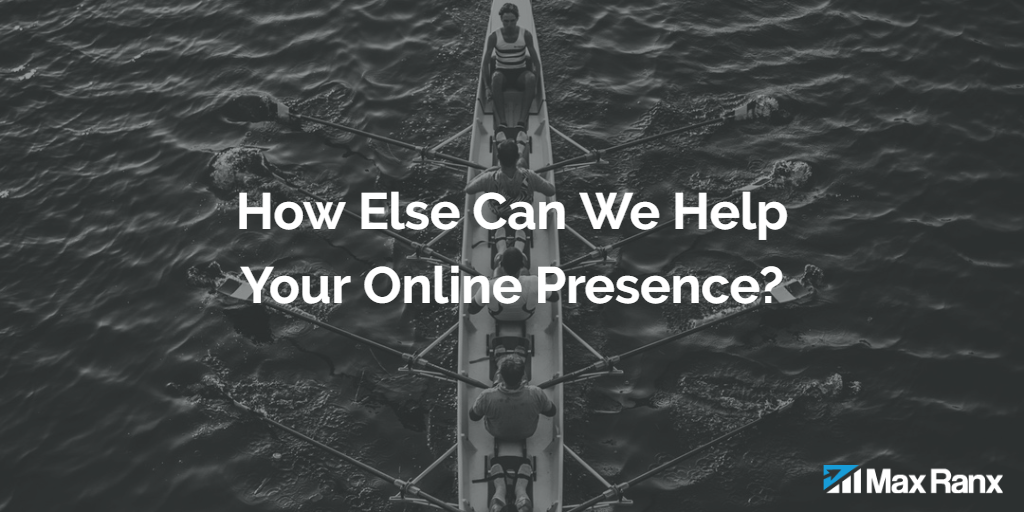
27. If necessary, are you open to website redesign?
Sometimes a website may need to be updated to keep up with the times and sometimes it is almost mandatory. The user experience matters now more than before so if the website no longer looks trustworthy, behaves slowly, doesn’t work on mobile devices, or has other performance issues, then the only real solution is a complete design overhaul.
28. What is your design budget?
Unfortunately, many SEO clients don’t expect that they would need to redesign their website so they do not budget for it. This can make it nearly impossible to achieve great SEO results since it is difficult to get the website optimized. They may potentially have to spend a budget that is worth several months of SEO services to get the new website up to the latest standards. Hopefully, this SEO questionnaire helps them to reconsider.
29. Will you need us to maintain and update site and how often?
Once the site is up and running, the client needs to decide if they will take care of the updates, security, and site maintenance or if they need to outsource it. If the site requires frequent updates like price changes, schedule updates, media uploads or anything else then training an internal employee may be the best option.
30. What is your maintenance budget?
As previously mentioned, frequent site updates can get expensive so employee training may be the most cost-effective route to take. However, if the client wants basic site security, hosting, and updates, then this is something that can easily outsourced.
Concluding Our SEO Questionnaire
Starting the SEO journey with a client can have a lot of challenges. You must understand their needs, improve their SEO understanding, and manage their expectations. This SEO questionnaire should help you get started on the right track. Keep in mind that this list is a work in progress and we will keep adding to it to make it even better. Let us know how you think this list can be improved.


